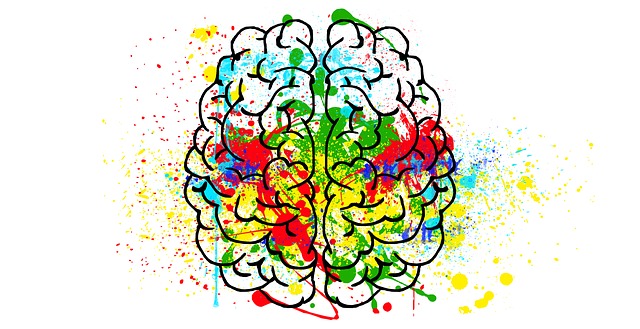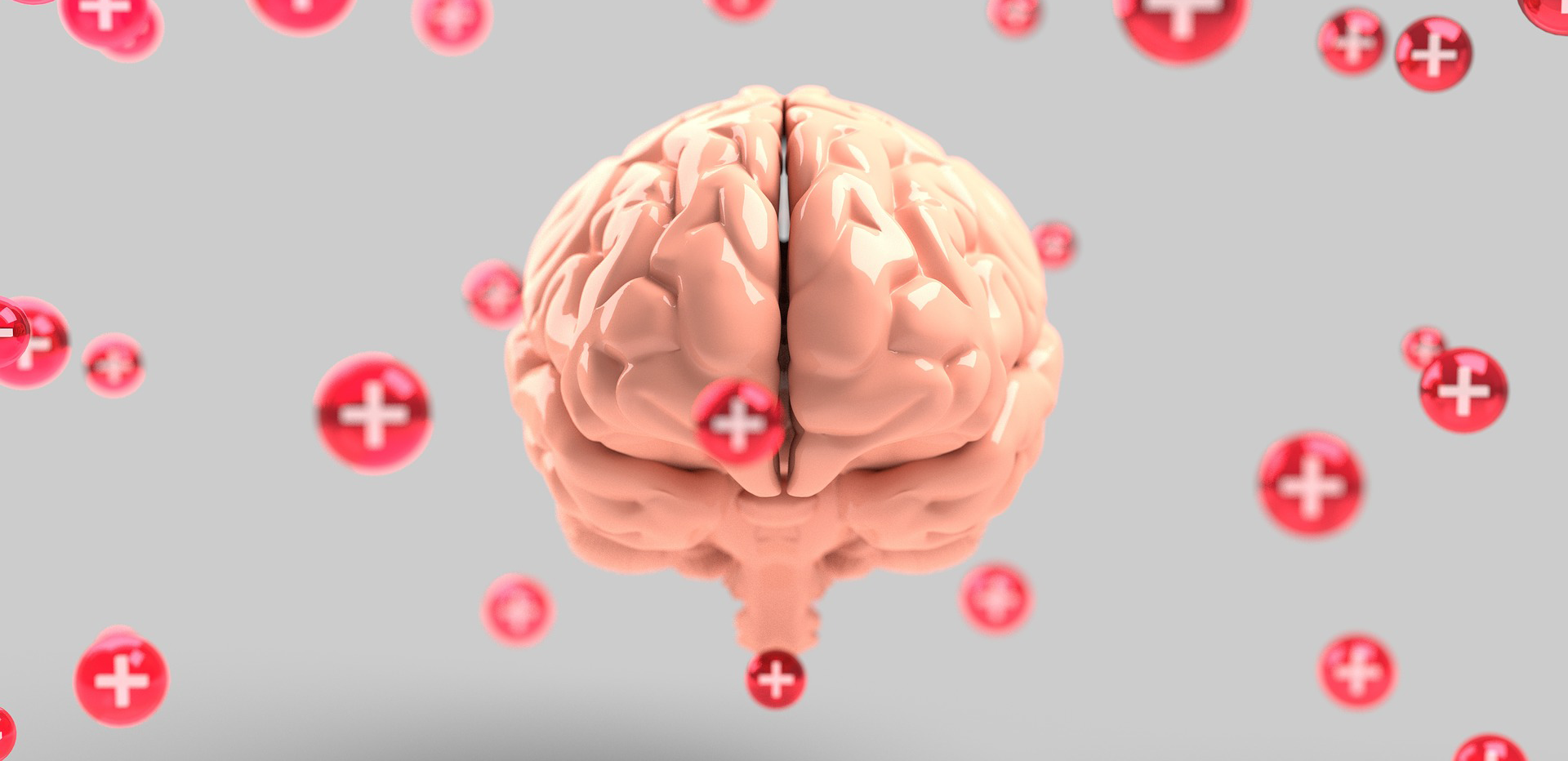Why does everything seem so negative? How to tackle negativity bias
Particularly during uncertain and challenging times, we probably notice that everywhere we turn, we seem to be surrounded by negativity. We may feel it affecting us, causing us to feel anxious, tired, fed-up, and even more irritable. Interestingly, cognitive science can explain this. There is a...








